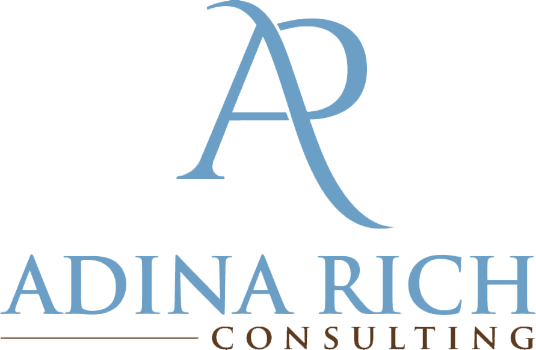The Emotional Effects of Testing
Saturday, March 12, 2016 | By: Adina Rich
THE EMOTIONAL EFFECTS OF TAKS ON SCHOOL CURRICULUM
March and April are particularly hectic months when trying to gather your information together. You need to be clear, concise, organized, and prepared! You need to leave no stone unturned as you want to get the best bang for your dollars. Yes it’s TAKS season! You thought I was talking about that other tax season? No, not hardly, and yet the stakes are rising for our kids.
The idea of standardized testing is not new. It did not even begin with the public school system; rather with the military in an attempt to determine who was fit to serve for duty, and in which capacity- a leader or a mere soldier. The success of the Army testing soon spread to the education system, and a new measurement tool was soon in place. Schools have understood the need for high stakes testing for some time as a way to measure students’ performance, teachers’performance, and a way to hold districts accountable for teaching what our kids need in this global economy. For years, critics and psychologists have charged that there is an overabundance of testing and that testing in the early years is not developmentally appropriate. However, with the advent of No Child Left Behind, it appears that the standardized testing movement is here to stay. But, the question remains, are our children really learning more or has the joy for learning been replaced by the need to succeed on the test? Are children really learning to problem solve or are they just learning to beat the test?
Standardized testing has many unintended effects, though. Research indicates that testing can result in decreased motivation to learn, sets children up for failure, and can contribute to the drop out rate. Testing has also become the basis for determining a child’s eligibility for programming, or whether they are able to be promoted or retained. They drive what teachers teach in the classroom, narrowing the focus of learning or forcing teachers to teach test taking skills rather than the developmentally appropriate curriculum that fosters a true love of learning.
Studies show that when children are exposed to experience based learning, they are able to creatively problem solve and apply real world meaning to their learning. Portfolio and authentic assessments are one tool that educators have that demonstrates far more abstract thought than the average multiple choice test.
Often used with gifted learners, the authentic assessment gives children the opportunity to share their strengths and assist them in becoming confident learners. For example, students are able to create an erupting volcano instead of just answering questions about how volcanoes are formed. Other examples of authentic assessment include conducting social-science research, applying math skills in a real-world setting, reading and interpreting literature through things like dioramas or character studies. When children are actively engaged in the assessment of their abilities, they begin to understand why they are learning what they are learning. The learning is meaningful and the very skills the teachers are trying to foster are skills that the students actually possess. Finally, this active learning invites collaboration between teachers, parents, and students, and can actually create curriculum that invites children’s participation. Wouldn’t we rather TAKS our kids’ brains this way?

